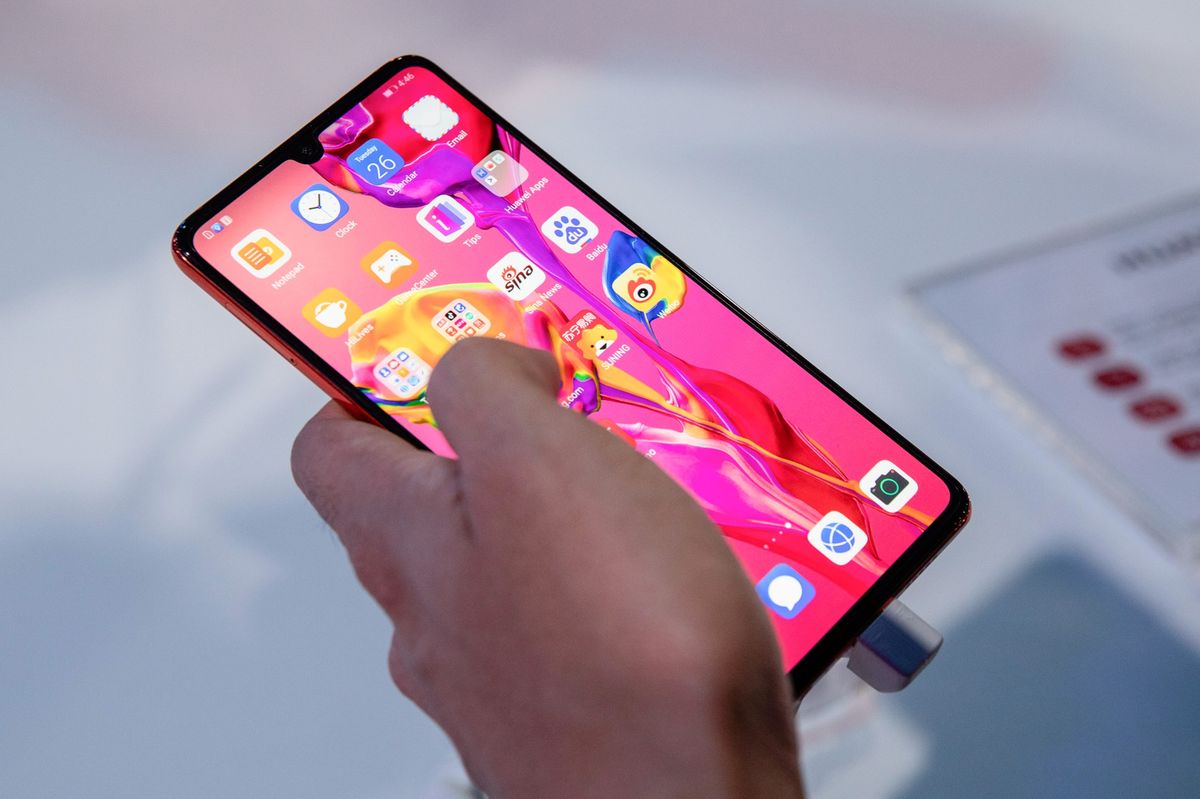
Huawei, a leading tech company in China, announced its ambitious plan to host 100,000 applications on its HarmonyOS within the next year. The announcement underscores Huawei’s efforts to build self-reliance in the face of U.S. trade restrictions. Currently, the operating system supports over 15,000 apps, meeting basic consumer needs, but Huawei is calling for more specialized and boutique applications to grow its ecosystem.
Chairman Xu Zhijun shared the company’s roadmap during a conference, emphasizing the importance of reaching the 100,000-app milestone within the next six to twelve months. Xu stated that a mature HarmonyOS ecosystem is critical to meeting consumer expectations and urged developers to contribute to this vision. “For any operating system, no matter how advanced it is, it would be of no value if no one uses it,” Xu remarked in a speech later posted on WeChat.
A Push Toward Technological Independence
The push for HarmonyOS development reflects broader challenges posed by U.S. sanctions, which cut Huawei off from using Google’s Android services. The Shenzhen-based company responded by creating HarmonyOS, first unveiled in August 2019, just three months after being placed under U.S. trade restrictions. While Huawei denies allegations that its equipment poses security risks, the sanctions have accelerated its drive for home-grown solutions.
Since its launch, Huawei has released an open-source version of HarmonyOS and expanded its use across a variety of products, including smartphones and laptops. However, Xu acknowledged the ecosystem’s current limitations and called for collaboration from developers, government agencies, state-owned enterprises, and social organizations to adopt the operating system in their operations.
Encouraging Early Adoption Despite Challenges
Xu also appealed to consumers to be patient with HarmonyOS during its developmental stage. “The more people use it, the more quickly it will become mature,” he explained. The chairman framed the company’s mission as a path without retreat, emphasizing, “No way back leads to victory.” Huawei plans to continue investing heavily in the ecosystem to make what Xu described as “the impossible possible.”
The move comes at a time of escalating tensions between China and the United States, particularly in trade and technology sectors. With a goal of establishing technological independence, Huawei’s effort to create a robust HarmonyOS ecosystem is not just a corporate initiative but also a reflection of China’s broader aspirations to reduce reliance on foreign technologies.
As the company strives to reach its ambitious target, the success of HarmonyOS will depend largely on developer participation and user adoption. For Huawei, this endeavor represents more than just the growth of an operating system—it’s a test of resilience and innovation under pressure.
Featured image courtesy of OERLive
Follow us for more updates on Huawei progress.
